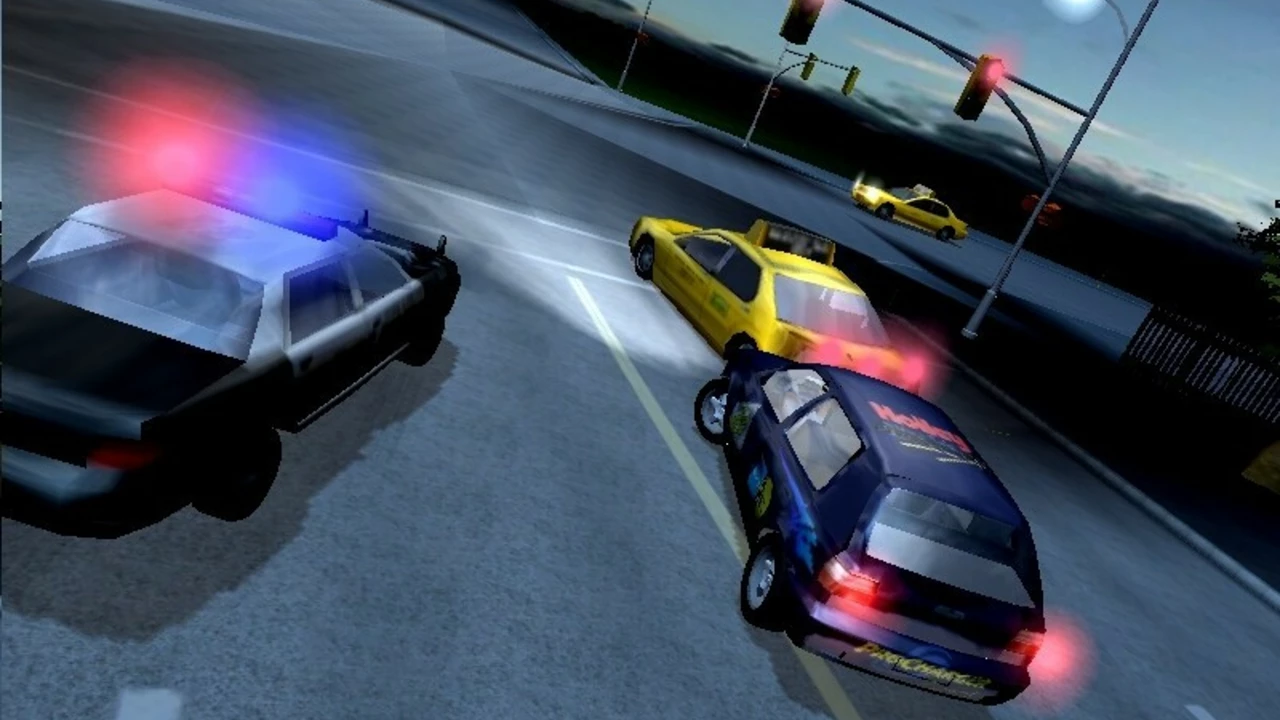Legal Street Racing? What the Law Says and Safer Ways to Race
Thinking about hitting the city streets for a high‑speed showdown? Before you floor the gas, you need to know the legal reality. In most places, street racing is a criminal offense that can land you with fines, license suspension, or even jail time. The excitement doesn’t have to come at the cost of a record on a police blotter.
Why Street Racing Is Usually Illegal
Public roads are built for everyday travel, not for racing. Speed limits exist to protect drivers, passengers, and pedestrians. When you race on a street, you break those limits, endanger lives, and expose yourself to hefty penalties. Police can charge you with reckless driving, dueling, or even endangerment, depending on state law. The legal paperwork can follow you for years, affecting insurance rates and employment prospects.
Besides the criminal side, there are civil risks. If a crash involves a bystander, you could be sued for damages. Even a minor collision can cost you thousands in repairs and medical bills. The bottom line: the legal and financial fallout far outweighs the brief thrill.
Legal Alternatives That Give You the Same Rush
Good news – you don’t have to give up the need for speed. Drag strips, road courses, and organized track days let you push your car to the limit in a controlled environment. These venues are designed with safety barriers, professional staff, and clear rules. You get the adrenaline surge while staying within the law.
Drag strips focus on straight‑line acceleration. You can experiment with launch control, tire pressure, and gearing without worrying about traffic. Most tracks charge a modest entry fee, and many offer beginner classes to teach proper technique. The timing equipment gives you instant feedback, letting you track improvements week by week.
Road courses provide a mix of corners, elevation changes, and braking zones. Here you can hone your handling skills, explore apex timing, and experience real‑world racing dynamics. Many tracks run “track days” where anyone with a street‑legal car can drive the circuit during designated hours. Safety crews, medical staff, and on‑site officials keep the environment safe.
If you’re into high‑performance cars, look for club events. Local car clubs often organize lunchtimes or night runs on closed streets or private roads. These gatherings operate under permits, so participants are covered by insurance and local ordinances. Joining a club also connects you with experienced drivers who can share tips and help you improve safely.
Before you book a session, check your car’s eligibility. Some tracks require safety equipment like helmets, fire‑extinguishers, or roll cages for certain classes. Make sure your insurance covers track use – many personal policies exclude racing activities, but you can purchase an add‑on for the day.
Finally, remember that every legal outlet still expects responsible behavior. Follow the venue’s rules, respect other drivers, and keep your vehicle in good condition. The goal is to enjoy the sport without risking legal trouble or personal injury.
So, while the movies make illegal street racing look cool, the reality is far messier. Choose a drag strip, a road course, or a club event, and you’ll get the same rush with none of the legal fallout. Stay safe, stay legal, and keep the excitement alive.
Can I pursue legal street racing?
Alright, folks! Time to hit the pedal and zoom into the world of street racing. But, can we do it legally? Buckle up, because the answer might leave tire marks on your brain! Sadly, even though Paul Walker made it look super cool in Fast and Furious, legal street racing isn't really a thing. But don't get your gears grinding just yet, there are many legal alternatives like drag strips and track days to get your adrenaline pumping!
Read More